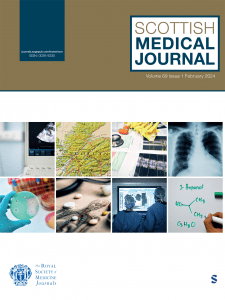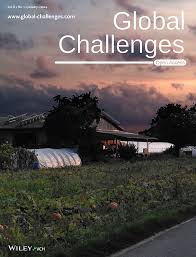The journal Cureus has retracted a 2022 paper on cancer and the environment just weeks after Retraction Watch raised questions about apparent plagiarism in the article.
As we reported in early April, the paper, “Causes of Cancer in the World: Comparative Risk Assessment of Nine Behavioral and Environmental Risk Factors”, had a bit of a twinsies thing going with a 2005 article in The Lancet – sharing a title, figures, and wording that “follows the Lancet one on a sentence-by-sentence level while using tortured phrases,” according to the anonymous tipster who informed us of the issue.
The April 19 retraction notice states:
Continue reading Cureus retracts paper for plagiarism following Retraction Watch inquiries






